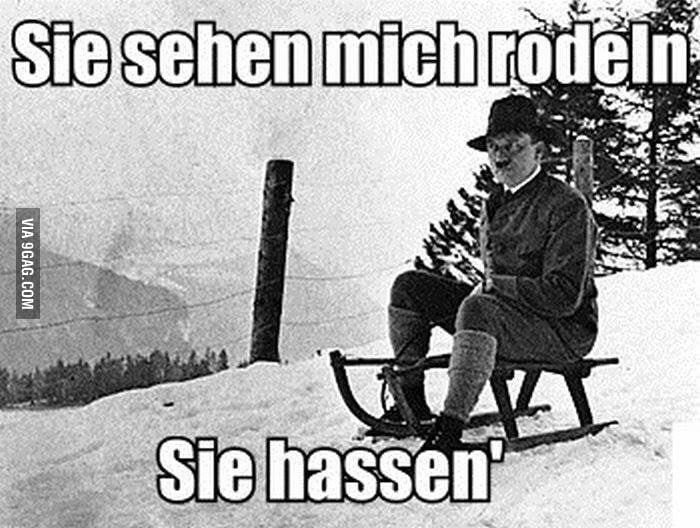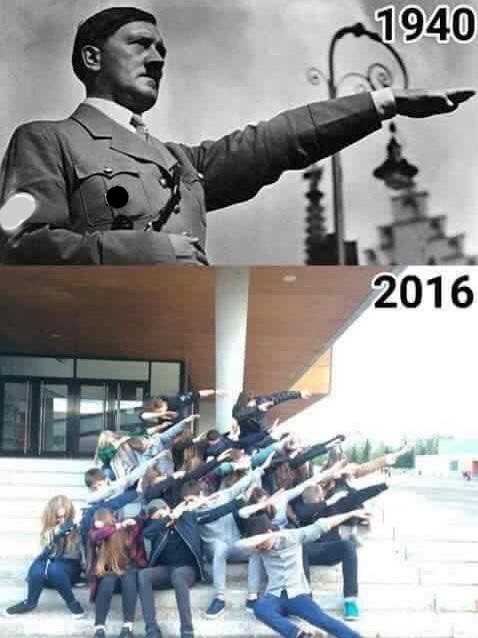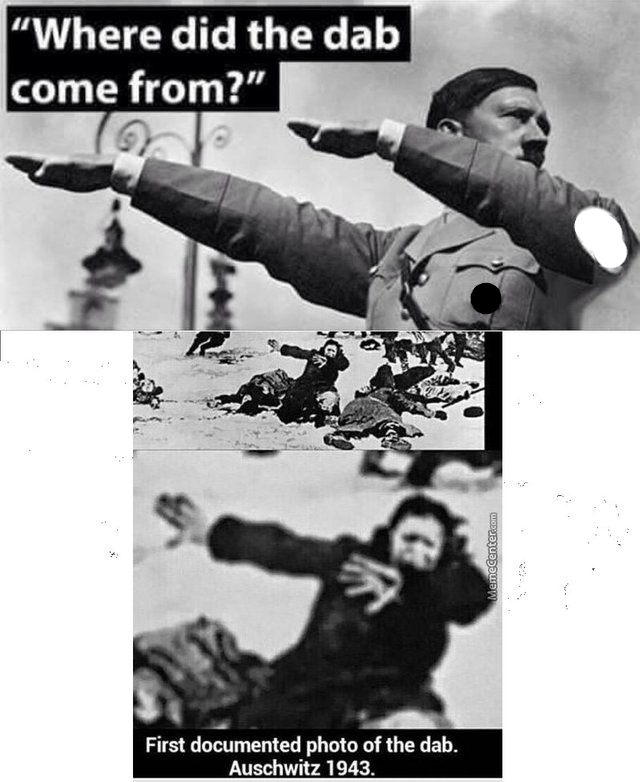Memes have become a language of the internet. Those who do not master them miss some statements and punchlines. Media historians Dr. Hans-Ulrich Wagner and Hermann Breitenborn explain why it is worth examining memes from a communication science perspective and how history is communicated via memes.
The term "meme" was first used by an evolutionary biologist. Richard Dawkins wrote in his 1976 book The Selfish Gene about memes as traits that are "culturally inherited". Unlike biological traits, which are passed on through genes within the hereditary line, memes are passed on through practices and imitation within a culture. Since the 1990s, the term has been used to describe rapidly spreading internet phenomena that reoccur in a wide variety of forms.
Internet Memes
Only ten years ago, you had to search for memes on special meme websites (e.g.
Memebase) or on platforms like
reddit or
9gag. Today, they are part of everyday life and flood social media platforms. They are usually humorous images or videos with which users refer to topics from (pop) culture, politics, etc. However, memes are also often used to react to events on social media in an instant and to comment on current events.
Historical Themes in Memes
From the abundance of material, the researchers Dr. Hans-Ulrich Wagner and Hermann Breitenborn pick out the memes that currently refer to history or use historical set pieces for their statements. They focus on the question of how historical topics are used in internet memes.
They say that two categories of historical memes can be distinguished. In the first category, you find memes that draw on a historical representation and turn it into a meme in its own right by duplicating and changing it. In the second category, historical material is put into context with current references. In this podcast, they use three examples to explain how memes deal with the topics of the Holocaust and National Socialism in particular.
Links
Literature on the Topic
Examples of Historical Memes Discussed in the Podcast
Example 1 [they see me rollin', they hatin']

Example 2a

(picture altered by the editors)
Example 2b

(picture altered by the editors)
Example 3
 Dr. Hans-Ulrich Wagner
Hermann Breitenborn
Johanna Sebauer
Contact
Dr. Hans-Ulrich Wagner
Hermann Breitenborn
Johanna Sebauer
Contact




